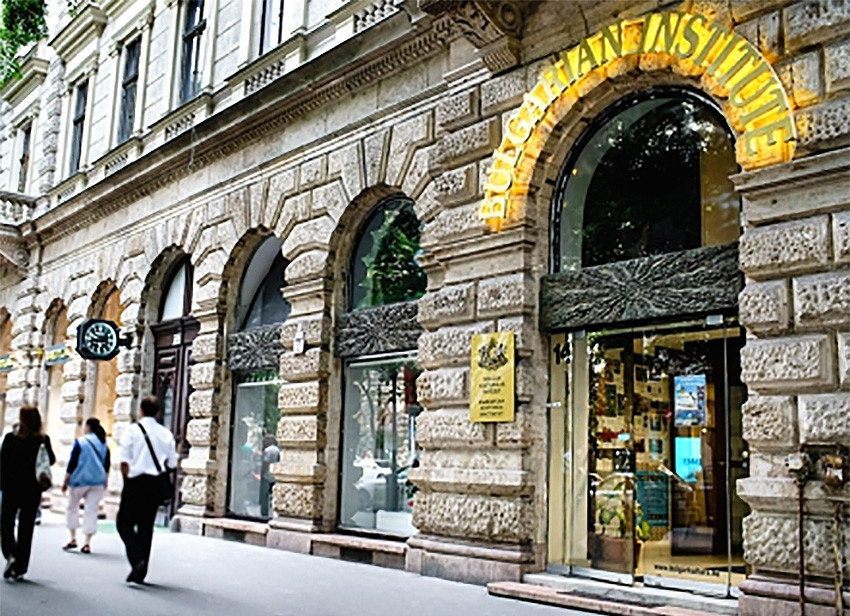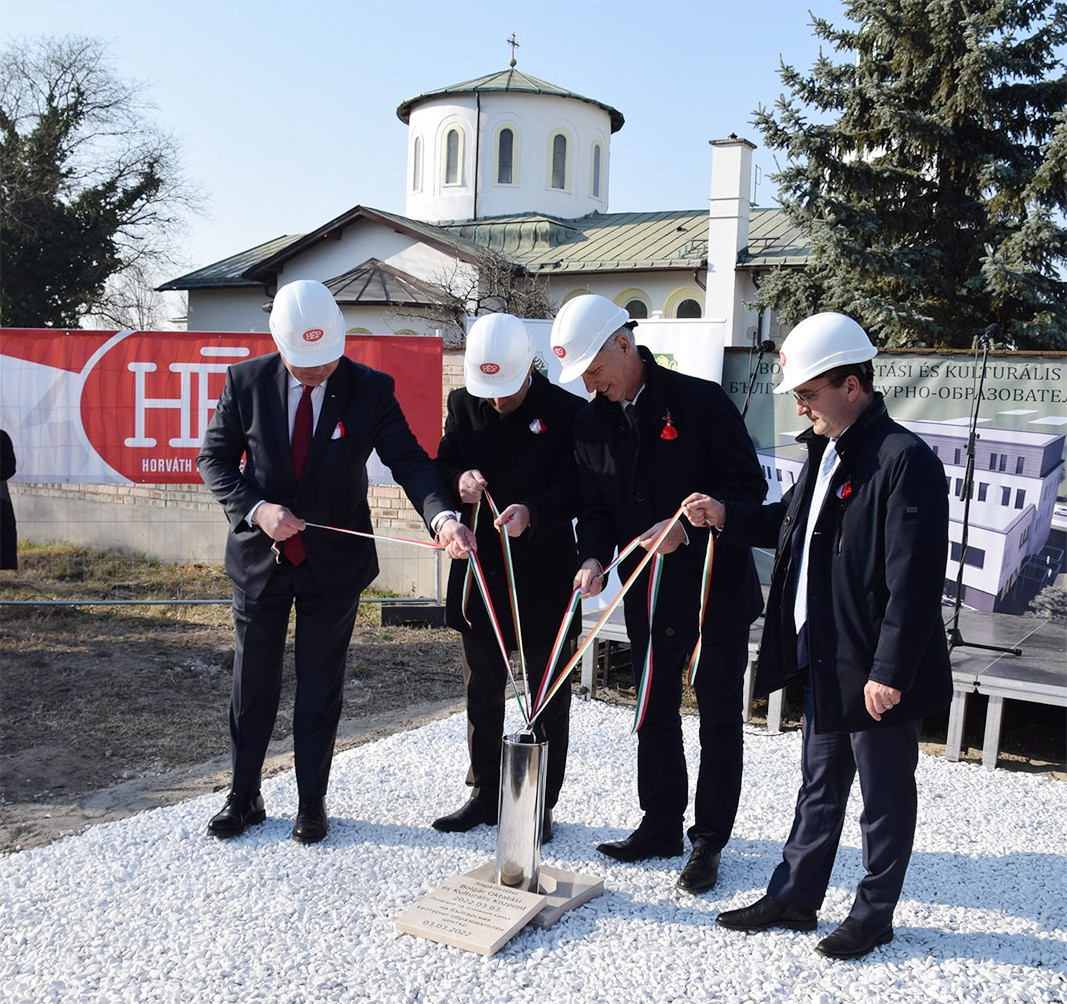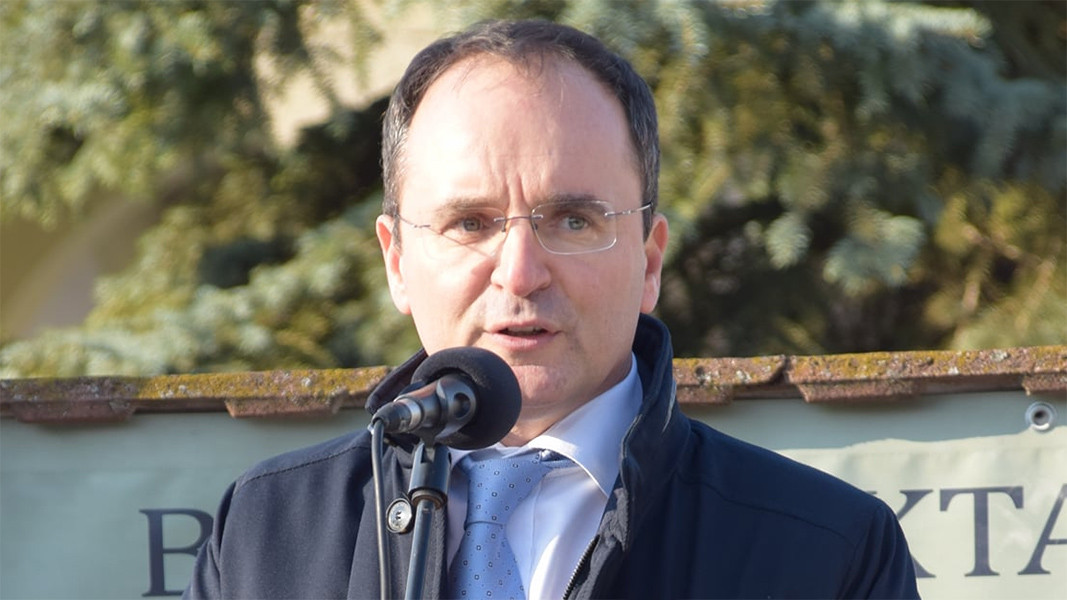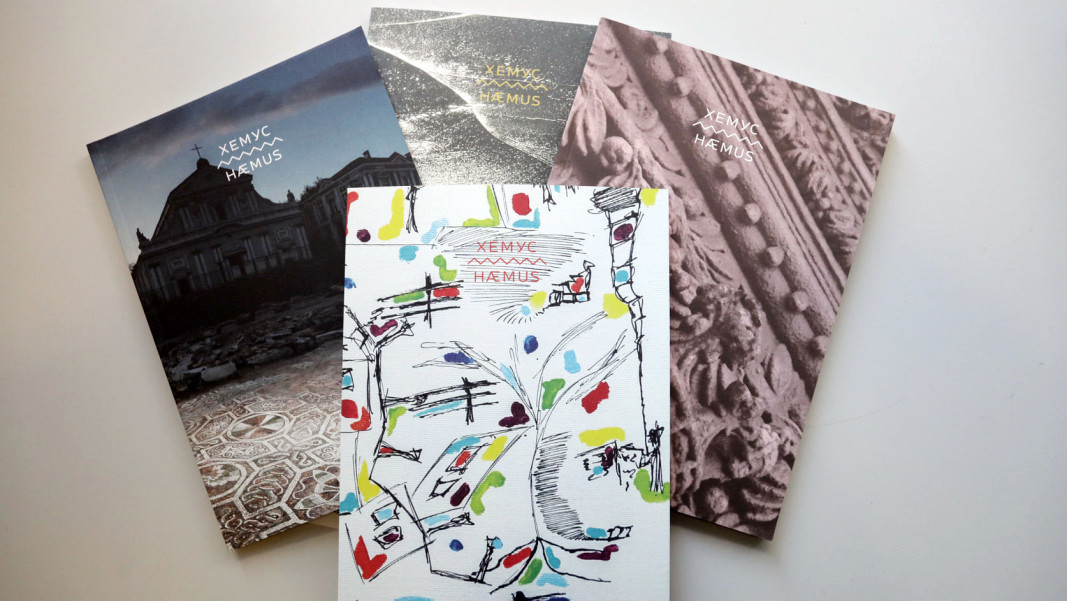One of the oldest and best united communities of Bulgarians abroad is in Hungary. Most of them are descendants of gardeners who went to Central Europe at the beginning of the last century to spread their experience in growing vegetables.
Life away from the homeland was not easy, but the Bulgarians in Hungary began to establish their own institutions, starting with the Society of Bulgarians in Hungaryin 1914. The Bulgarian Church Community was founded in Budapest two years later .
The first Bulgarian school was erected in 1918, and in 1934 a Bulgarian Orthodox church was built with donations from Bulgarian gardeners, and named after the Holy Brothers Cyril and Methodius.

The Bulgarian House of Culture in Budapest was built almost 20 years later, in 1957. Since then it has hosted Bulgarian amateur theatre troupes, folklore ensembles and children's dance groups. This center was built with donations from 400 families, descendants of the Bulgarian gardeners.
The dream of a school, a church and a cultural centre in one place in Budapest was not fully realised, after all. Over the years, the area of the gardens decreased and the descendants of the gardeners went their own way, abandoning the livelihood of their ancestors. One thing they have not abandoned, however - their love for Bulgaria and their desire to preserve the link with their ancestral homeland that made them keep meeting and communicating with each other.
Thus the great dream of the gardeners - to build a Bulgarian cultural and educational community center, is about to come true. On 3 March a symbolic start was given to the laying of the foundations of the Centre near the Bulgarian Orthodox Church and the Bulgarian kindergarten in Budapest.

The land has long been purchased by Bulgarians, but the construction of the building is now possible thanks to an 8 million euro grant from the Hungarian state.
According to the latest census there are about 6 thousand Bulgarians in Hungary.
"This is a great gesture to us. Times are difficult for everyone, but this gives us strength and optimism that our cherished dream will be fulfilled - says Dancho Musev, chairman of the Bulgarian Republican Self-Government, as the governing body of the Bulgarian community in Hungary is called.

In two years the building should be ready, that' s according to the contract, all permits and public procurement have been approved. The building will be over 3600 square meters with an underground garage, quite comfortable.
In 2020, the Bulgarian government also decided to support this project with 1 million euro. The good name of Bulgarians in Hungary was established by the Bulgarian gardeners 100 years ago. Today, there are only a few families who still produce vegetables using the old technology, which is now comparable to organic production.
There are many streets in Hungary which are named "Bulgarian Gardener" or "Bulgarian Garden".“In the last 10 years, we, the descendants, have managed to build at least 10 drinking fountains at such landmarks to preserve the memory of Bulgarian gardening. We always put a sign with an inscription saying that our fountains are a symbol of purity and of the water that watered our ancestors' gardens," Dancho Musev says.

For three decades now, the bilingual Hemus magazine has also played the role of a bridge between Bulgarian and Hungarian cultures.
Editor: Elena Karkalanova
English: Elizabeth Radkova
Photos: Facebook /Bulgarian Republican Self-Government, bolgarkultura.hu, culture.huOn the eve of one of the brightest Bulgarian holidays – the Day of the National Awakeners, the Bulgarian Cultural Institute in London welcomed the guests of the Bulgarian National Radio in a meeting-conversation with Bulgarian poet Mirela Ivanova,..
On the eve of one of the brightest Bulgarian holidays - the Day of the National Awakeners of Bulgaria, the Bulgarian Cultural Institute in London is inviting Bulgarians living in the UK to a meeting-conversation with three contemporary artists -..
On 17 November 2025, the Finnish-Bulgarian Association will present the exhibition Nuuttipukki vs Kukeri in the city of Pori, Finland, as announced by the Bulgarian Embassy in Finland via its official Facebook page. The exhibition will take place at..
Australian author Joanna Murray-Smith is coming to Sofia at the invitation of the Nikolay Binev Youth Theater. She is visiting Bulgaria for the first time..
On November 6 at 4 p.m., an exhibition will open at the Archaeological Exhibition of the Regional History Museum in Burgas on the occasion of the 50th..
On November 11 at 6:30 p.m., the Consulate General of Bulgaria in New York will host a special screening of a short film (18 min.) dedicated to the..

+359 2 9336 661
